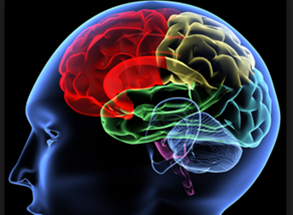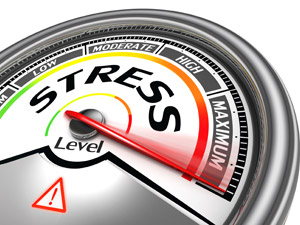
JUST read some fascinating research on the World Economic Forum website into how sugar and fat affect your brain. A diet high in sugar and saturated fat doesn’t just cause obesity, heart disease and diabetes but can also affect the way we learn, remember and think.
Some people call high-fat, high-sugar consumption the high-energy diet. From what I’ve been reading about how sugar and fat affect your brain it would be better to call it the high-risk diet.
There’s been a lot of research into the effects of this kind of eating and it has been analysed by Katie Boyd at the University of Sussex. She writes: “Although our knowledge regarding the short-term effects of a high energy diet on our brains is limited, we should still be encouraged to make healthier choices when it comes to food and it’s especially important when the food we eat could impact our minds as well as our bodies.
“It’s unfortunate that a bad diet can affect the way we think and learn – and long before most of us would be concerned about having a few too many treats.”
For me, that’s the most important – and most disturbing – part of her findings. We may not discover the bad effects of what we’re eating until after the damage has been done – and it’s too late.
A lot of valuable research into how sugar and fat affect your brain has been conducted at Perdue University in America. It has indicated that the hippocampus, the area of the brain that is important for learning and memory, is especially vulnerable to the effects of a high energy diet.
The fact that this brain region appears to be affected earlier than others is worrying, as it proves that the earliest detrimental effects of a high energy diet are on cognition – the word we use to describe the mental action or process of acquiring knowledge and understanding through thought, experience, and the senses.
.Other research indicates that changes of this kind to the hippocampus could affect the way we eat and even lead to obesity. The hippocampus is responsible for learning and perhaps also for us associating the feeling of hunger with pleasure when we eat.
But, when there is damage to the hippocampus, this could be disrupted and it might cause you to eat even when you don’t feel hungry.
And if you turn to food which is high in fat and sugar in this instance, it could create a vicious circle of further hippocampus damage – and more overeating.
I hope this info about how sugar and fat affect your brain helps you to a better appreciation of the power of the mind/body connection and the importance of retraining your brain with a Slimpod so you instinctively make healthier choices and dull the attraction of sweet and fatty food.
Read the World Economic Forum article in full
Please do leave a comment below. Have you found that eating too much sugar makes your thought processes a little bit fuddled?





3 thoughts on “How sugar and fat affect your brain”
Fascinating reading. Yes I do think it affects your brain and the way you think. I’ve been affected for years before I tried Slimpod. The damage gives cravings so you repeat the behaviour so this really makes sense.
Thanks for the comment Linda.
This is very interesting. I did have a chocolate cravings for a long time. But managed to get myself off it. I don’t eat a lot of sweet things now. And hopefully I won’t need any after using the slimpod